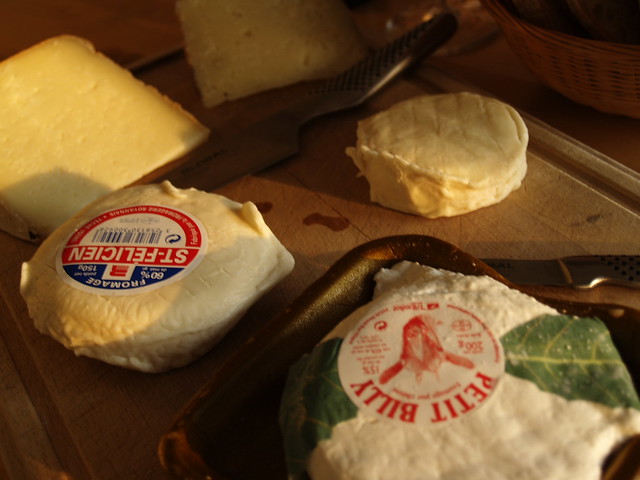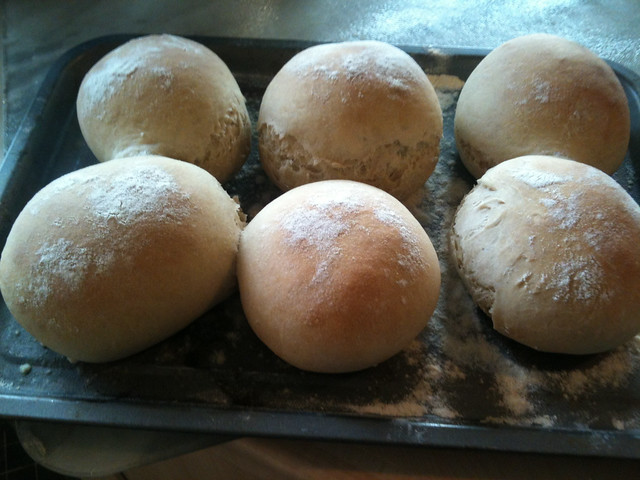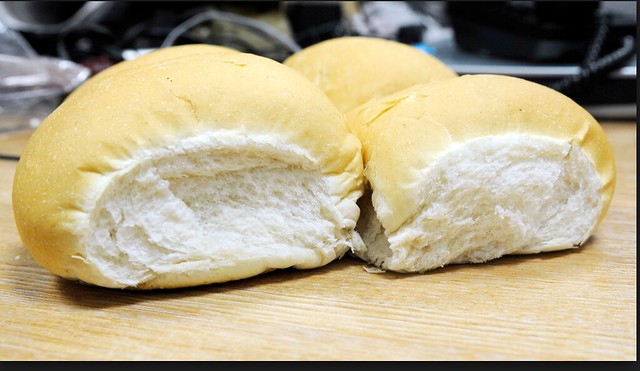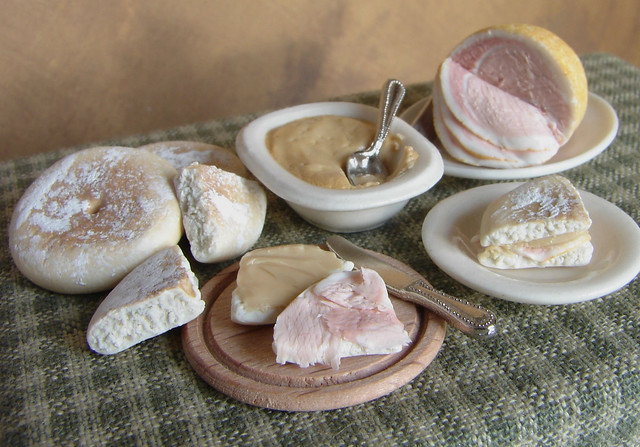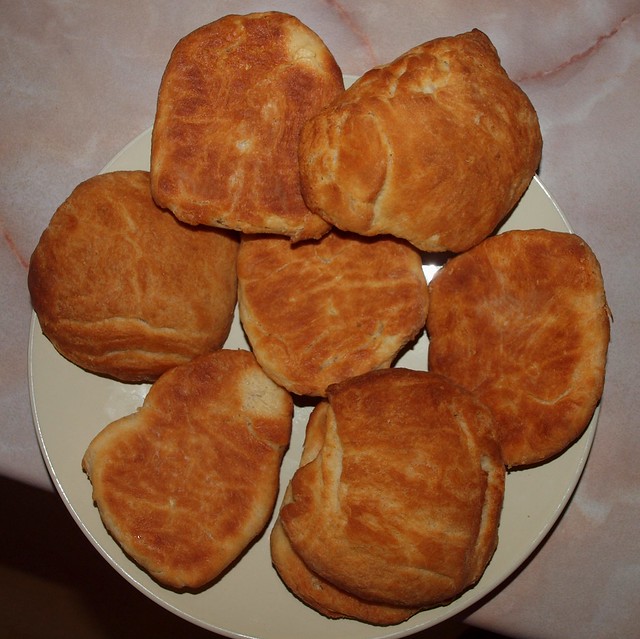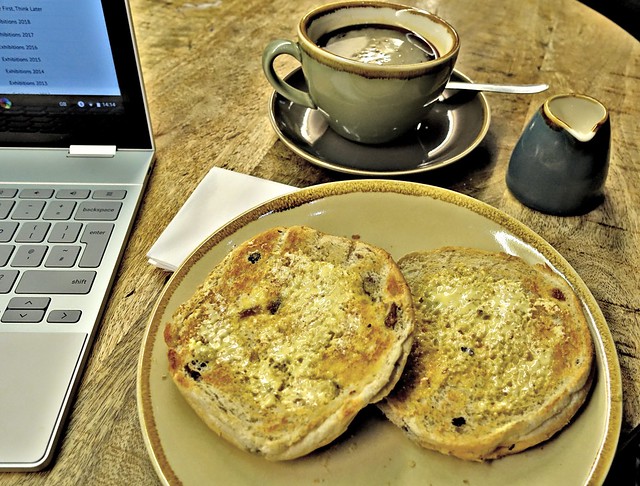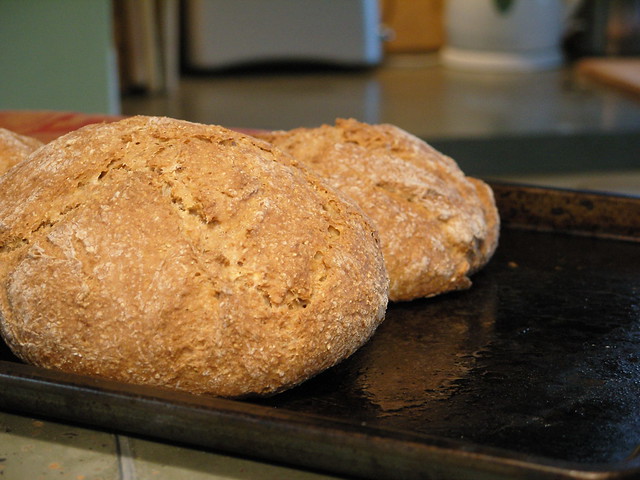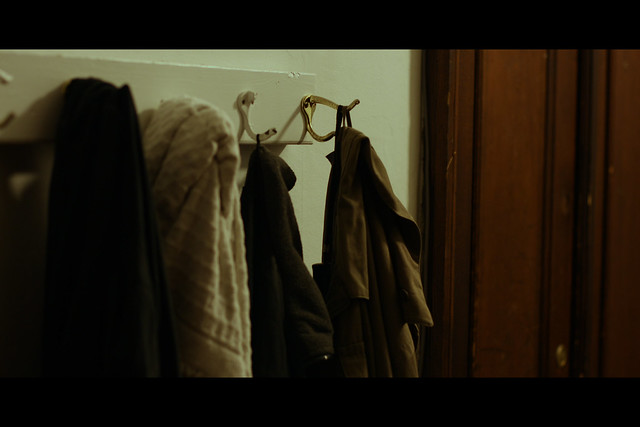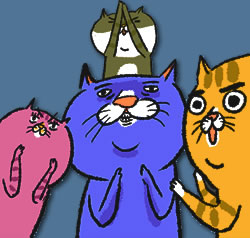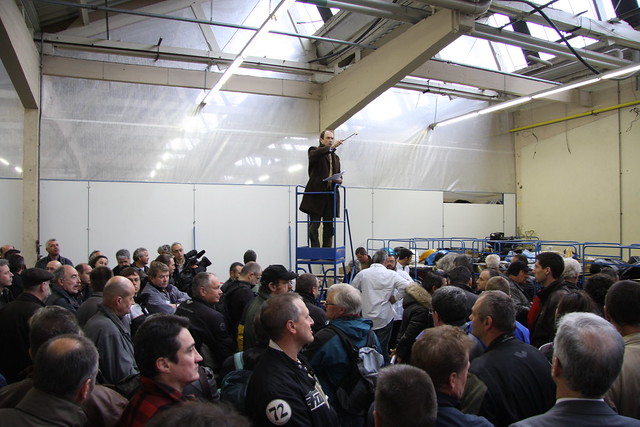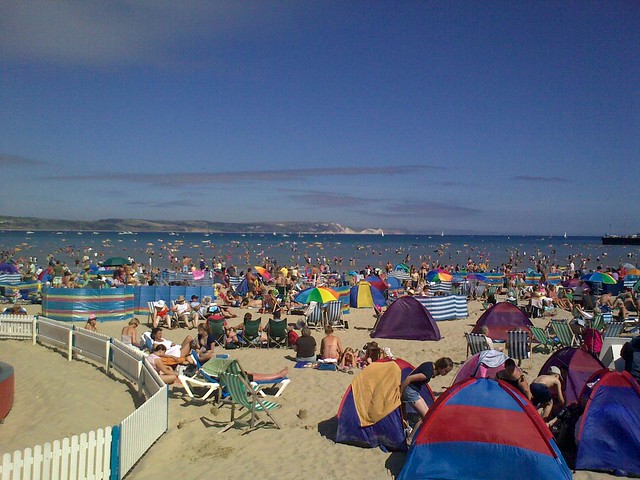Today’s etymological adventure starts with the word ost, which means cheese in Danish, Swedish and Norwegian. In Danish it’s pronounced [ɔsd̥], in Swedish and Norwegian it’s pronounced [ust] [source]. It also means east, but we’re focusing on the cheesy meaning today.
Ost comes from the Old Norse ostr (cheese), from Proto-Germanic *justaz (cheese), from Proto-Indo-European *yaus-/*yūs- (sap, juice, broth), from *yewH- (to blend, mix (food), knead).
The Old Norse ostr is also the root of words for cheese in Icelandic and Faroese (ostur), in the Sylt dialect of North Frisian (Aast), in Finnish (juusto), in Estonian (juust), in Northern Sami (vuostá), in Skolt Sami (vuâstt), and in other Finnic and Sami languages [source].
From the PIE root *yaus-/*yūs- we get the Latin: iūs (gravy, broth, soup, sauce, juice), from which we get the English word juice, which was borrowed into Faroese and Icelandic (djús), Swedish and Danish (juice), and other languages [source].
The Welsh word for porridge, uwd [ɨ̞u̯d/ɪu̯d], comes from the PIE root *yaus-/*yūs-, via the Proto-Celtic *yut-/*yot- [source]. The Russian word уха (ukha – a kind of fish soup) comes from the same PIE root [source].
From the Latin iūs, we also get (via French) the English word jus (the juices given off as meat is cooked). The Dutch word jus (gravy) comes from the same French root [source].
The English word cheese comes from the Middle English chese (cheese), from Old English ċīese (cheese), from the Proto-West Germanic *kāsī (cheese), from the Latin cāseus (cheese), from Proto-Indo-European *kwh₂et- (to ferment, become sour) [source].
Words for cheese in other West Germanic language come from the same Germanic root, including: kaas in Dutch and Afrikaans, Käse in German, Kjees in Low German and tsiis in West Frisian [source].
From the Latin cāseus we also get words for cheese in such languages as Spanish (queso), Galician (queixo), Portuguese (queijo), Irish (cáis), Welsh (caws) and Breton (keuz) [More on Celtic words for cheese]. The Swedish word keso (cottage cheese) was borrowed from Spanish [source].
Another word for cheese in Late/Vulgar Latin was fōrmāticum, an abbreviation of cāseus fōrmāticus (form cheese), from fōrma (form, mold) and cāseus (cheese). From this we get words for cheese in French (fromage), Italian (formaggio), Breton (formaj), and similarly cheesy words in various other languages [source].
